A straight path that has no thickness and extends forever in opposite directions
Line
Label 1 point in the diagram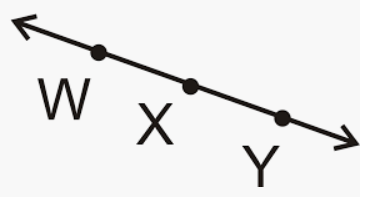
W, X, or Y (should be labeled in capital letters)
An angle that measures 90 degrees is called a/an ___________ angle
right
Lines AD and BC are ________________ lines
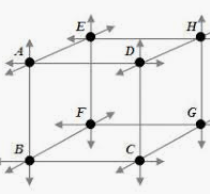
parallel
180
An exact location, usually represented by a dot, though it actually has no size
Point
Label a line in the diagram
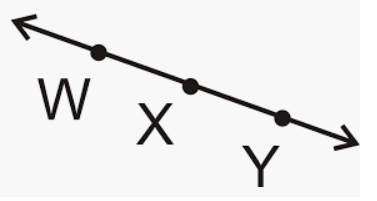
All of the following should have line with arrows in both directions
WX or XW
WY or YW
XY or YX
An angle that measures less than 90 degrees is a/an _____________ angle
Lines AD and DH are ________________ lines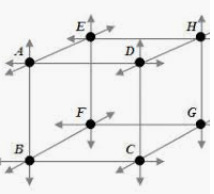
perpendicular
A quadrilateral measures _____ degrees
360
Part of a line or ray that extends from one endpoint to another
Line segment
Label a line segment in the following diagram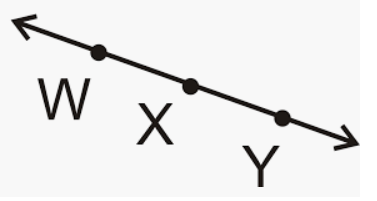
Label should have a ____ over the letters with no arrows on the ends
WX or XW
WY or YW
XY or YX
obtuse
AD and HG are _____________ lines
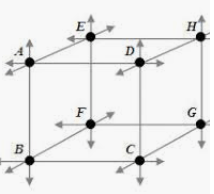
skew
Find the measure of the missing angle in the triangle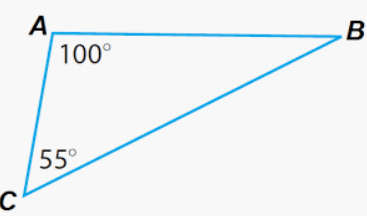
25 degrees
Part of a line, has one endpoint and extends forever in the opposite direction
ray
Label a ray in the diagram
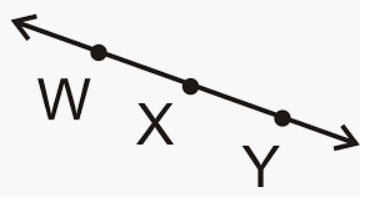
All labels should have a line with an arrow in only 1 direction
WX
XW
WY
YW
XY
YX
The angles below are supplementary. Find the measure of the missing angle.
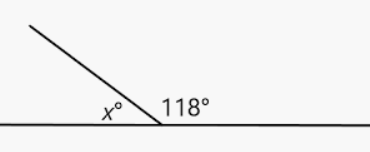
62 degrees
Find the measures of angles x, y, and z
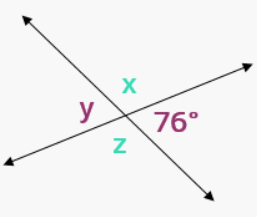
x = 104 degrees
y = 76 degrees
z = 104 degrees
Find the missing angle measure in the quadrilateral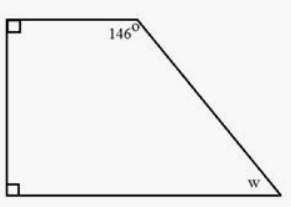
34 degrees
Flat surface that has no thickness and extends forever in all directions
plane
Label a plane in the diagram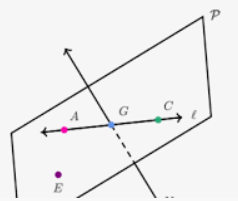
Any three letters not on the same line
AEG
AEC
CEG
CEA
GAE
GEA
GCE
GEC
Two angles are complementary angles. Find the measure of the missing angle.
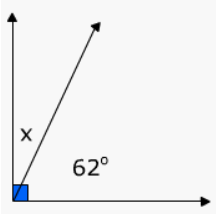
18 degrees
The measure of angle 1 is 145 degrees. Find the measure of the missing angles.
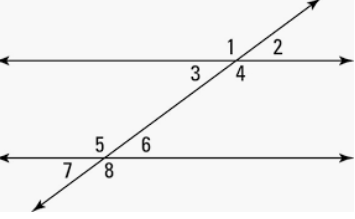
2 = 35 degrees
3 = 35 degrees
4 = 145 degrees
5 = 145 degrees
6 = 35 degrees
7 = 35 degrees
8 = 145 degrees
Find the sum of the angles in the polygon.
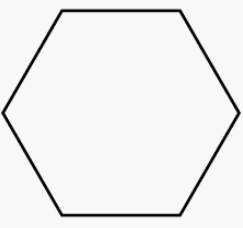
720 degrees